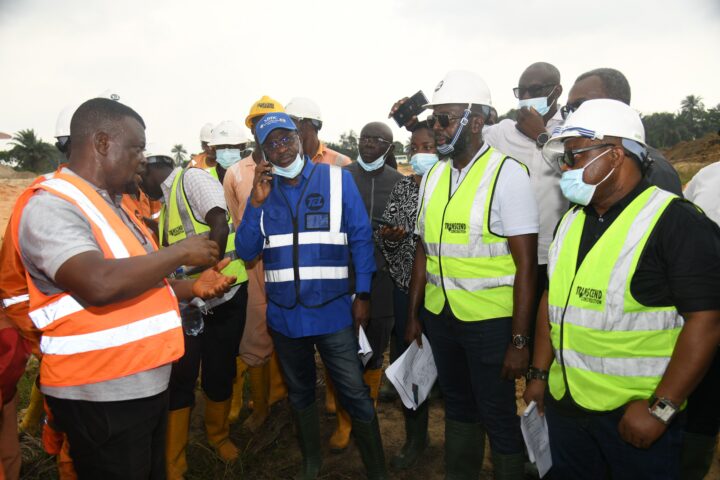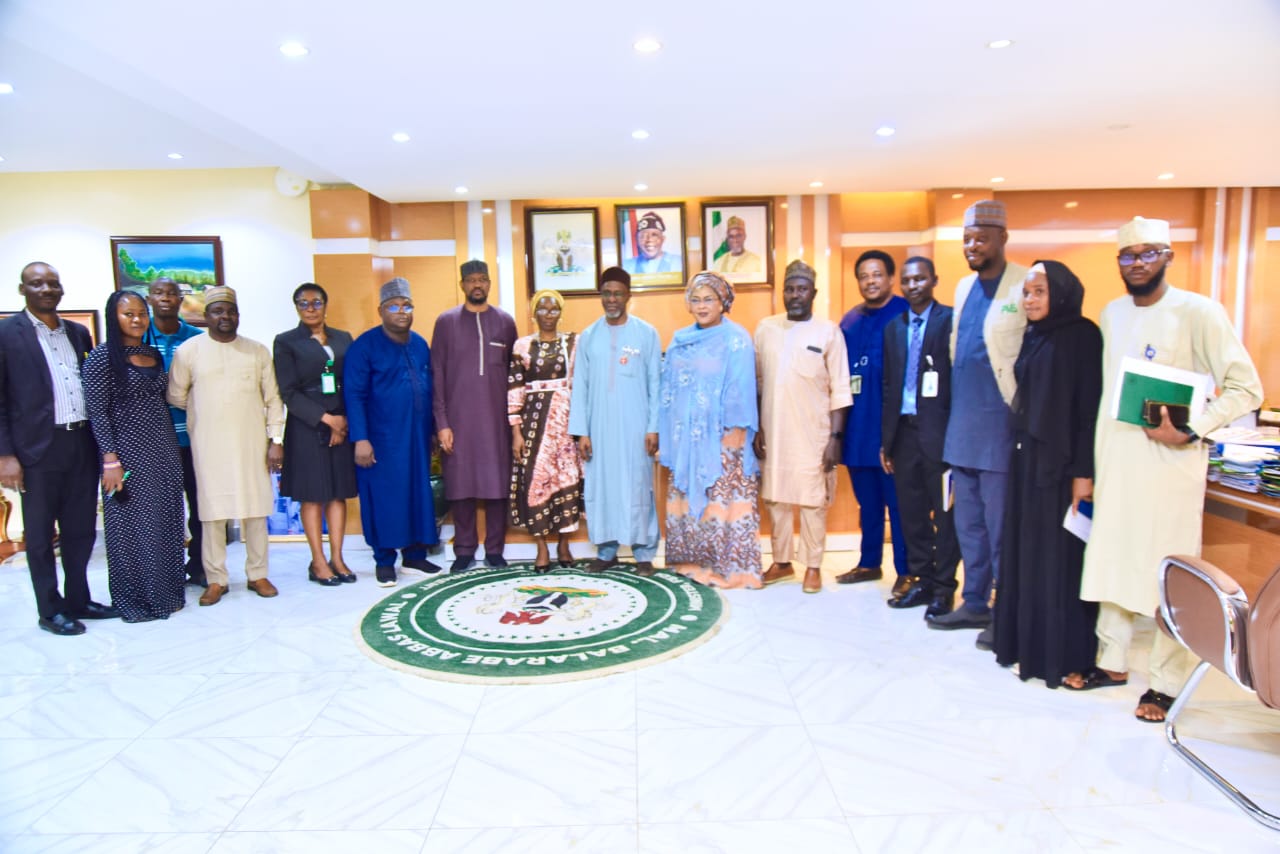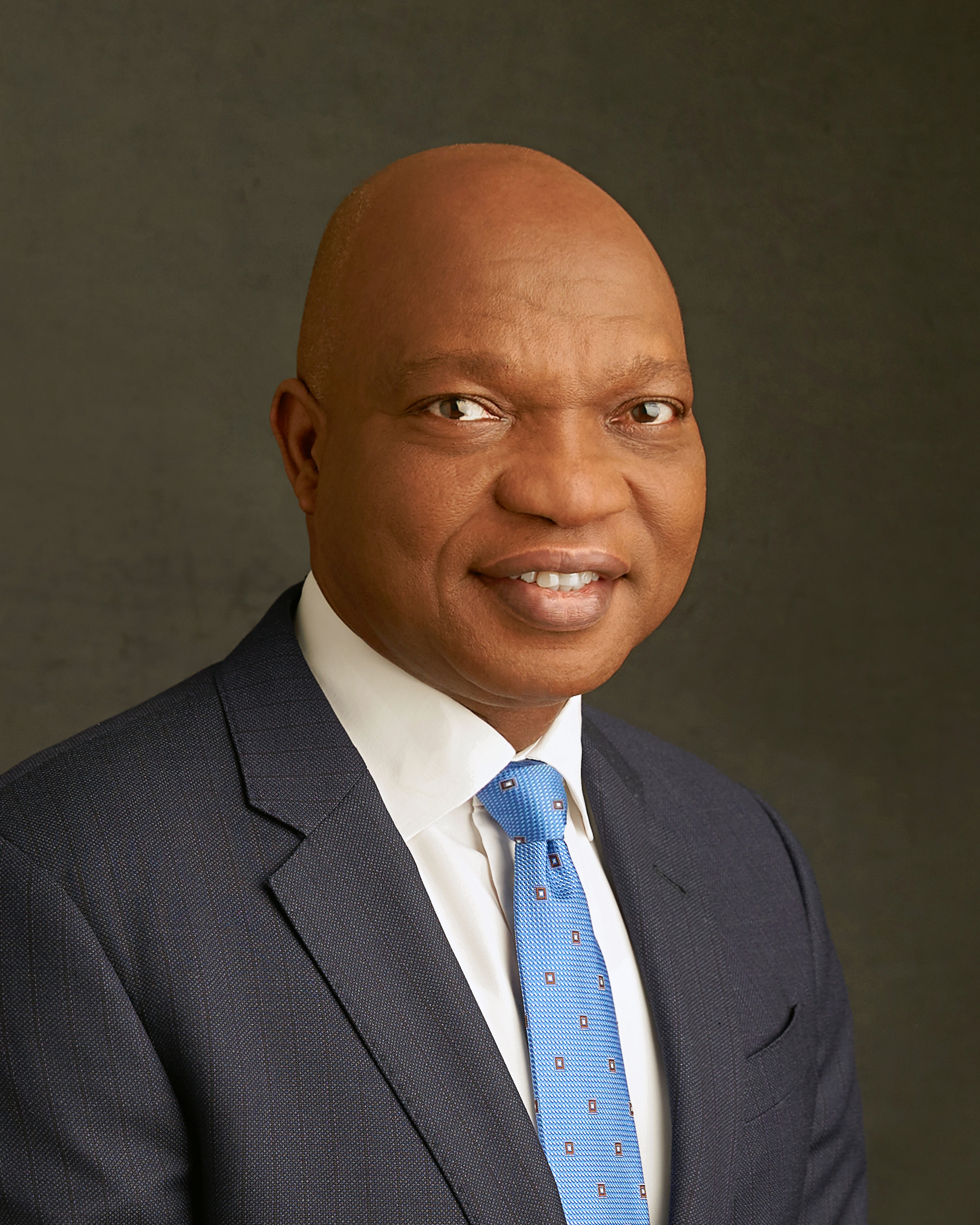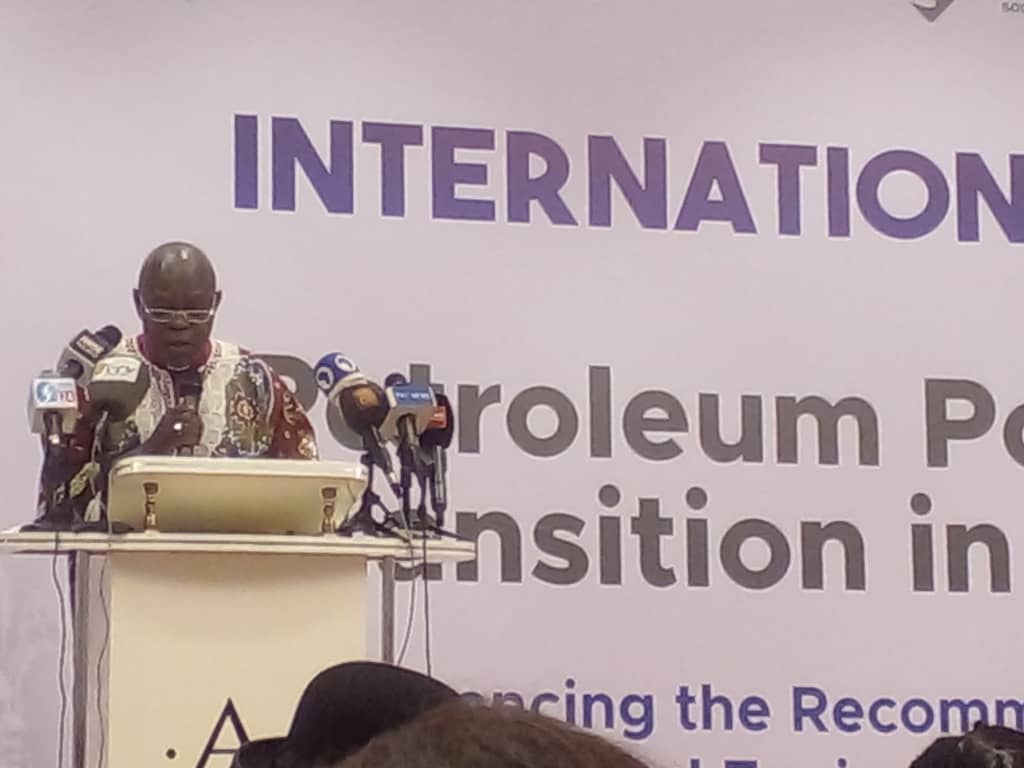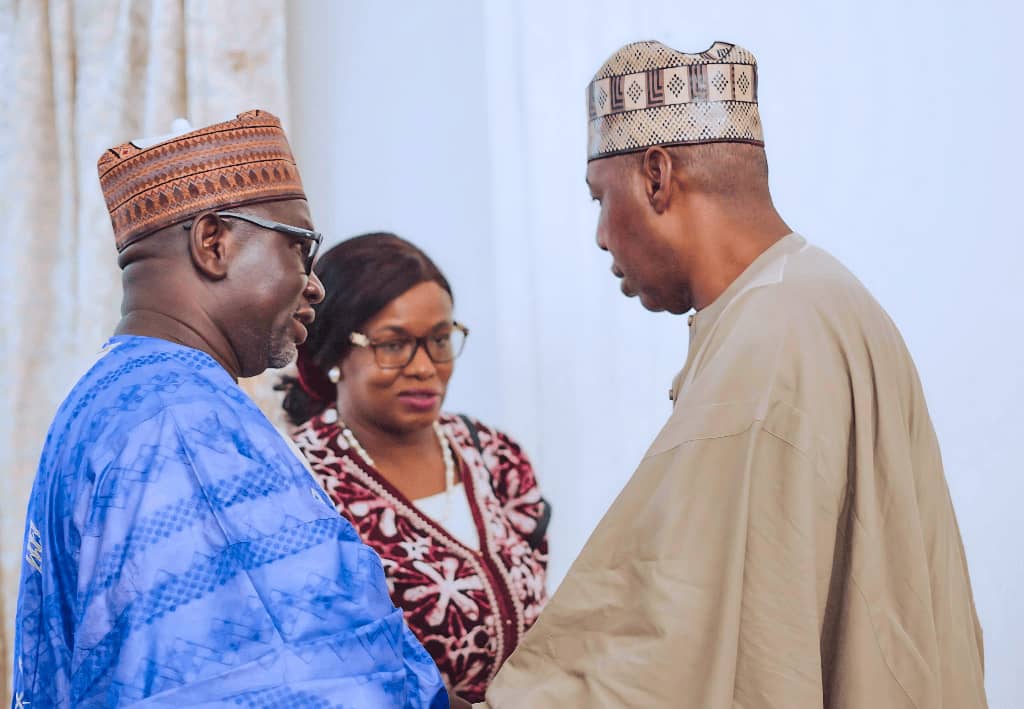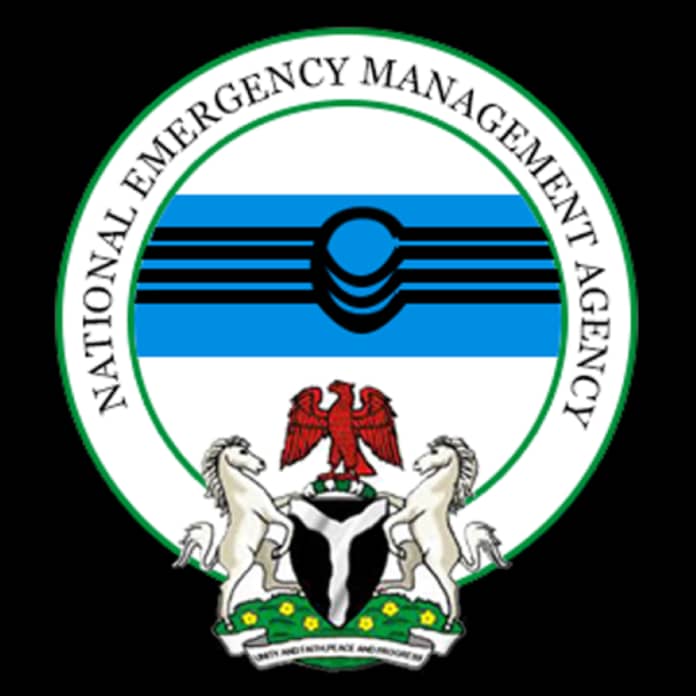
Shell, Balyesa Govt Launch Action Plan To Protect Taylor Creek Forest Reserve
The Shell Petroleum Development Company of Nigeria Limited (SPDC Joint Venture) and the Bayelsa state government inaugurated the Gbaran Biodiversity Action Plan (Gbaran BAP), last week, in which over 150 people from




